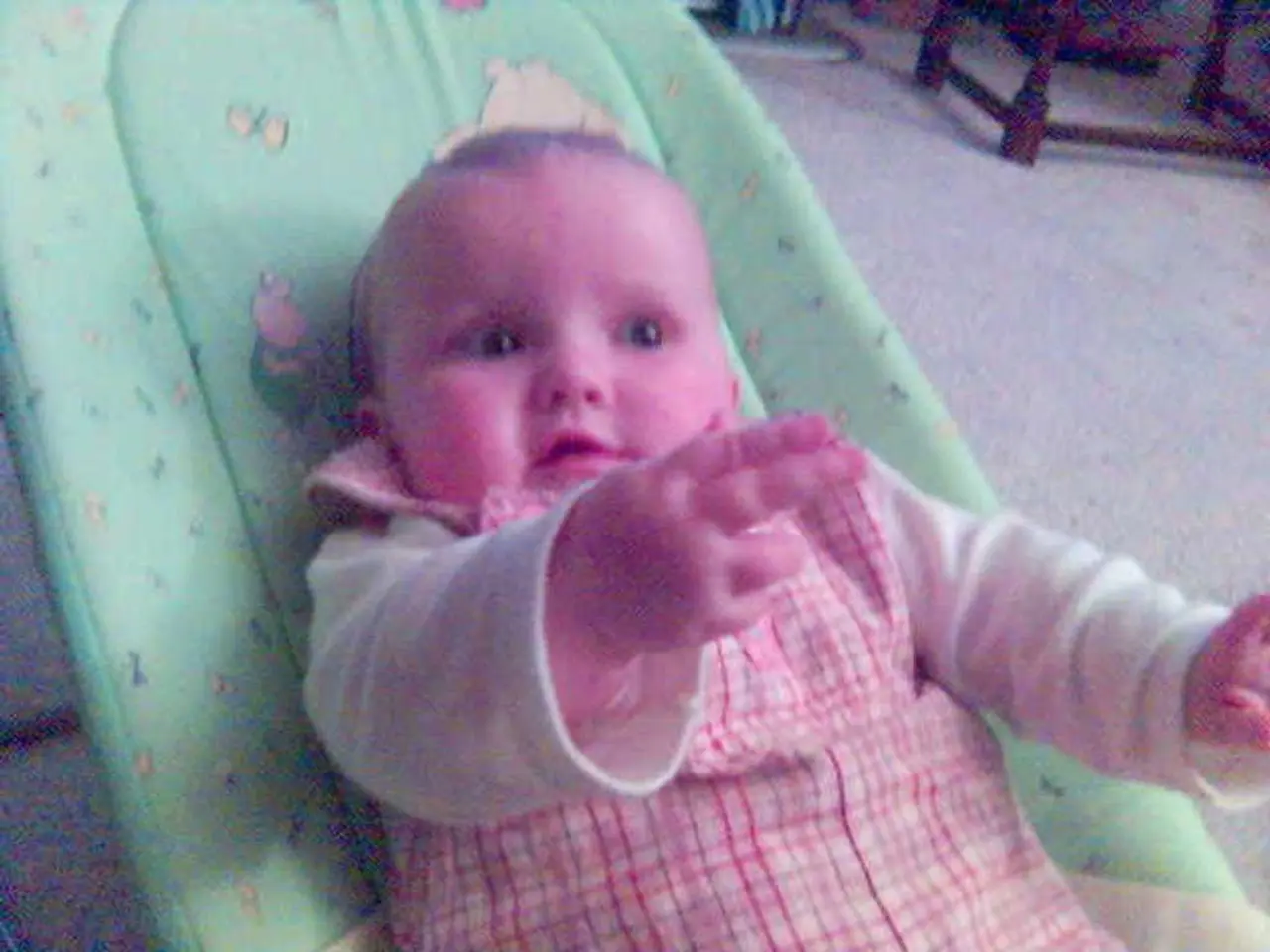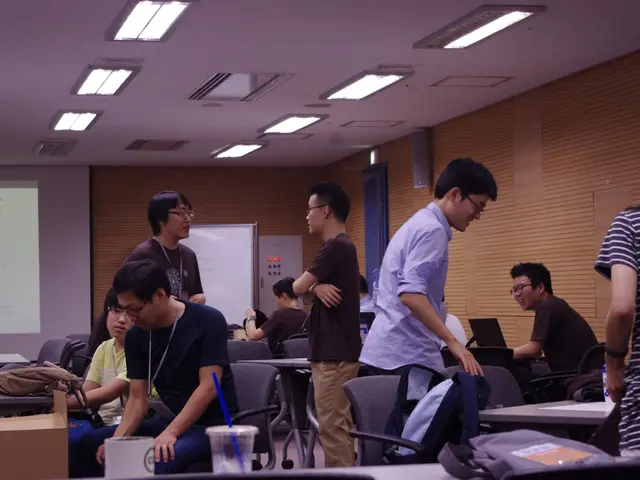Negative father-child relationships and their influence on adult psychology, a look at the concept of "daddy issues"
**Understanding "Daddy Issues" and Their Impact on Relationships**
The term "daddy issues" refers to emotional and psychological challenges that stem from a strained, absent, or complex relationship with one's father. These issues can manifest in various ways and impact self-esteem, relationships, and behavior in adulthood.
## Effects of "Daddy Issues"
Individuals with "daddy issues" may experience emotional instability, attachment issues, low self-esteem, trust issues, unhealthy coping mechanisms, and difficulties with intimacy, among other challenges. These problems can lead to mood swings, anxiety, depression, and trouble forming or maintaining healthy relationships.
## Coping Strategies
Recognizing and addressing these issues is crucial for personal growth and healing. Therapy or counseling can provide guidance, validation, and coping strategies tailored to individual needs. Self-awareness and reflection are essential for understanding patterns and triggers related to one's father-daughter relationship. Learning to set healthy boundaries with family members and partners can help protect emotional well-being and promote healthier relationships. Building a supportive network of friends, family, or support groups can provide a sense of belonging and validation. Engaging in activities that promote emotional healing, such as mindfulness, meditation, or creative pursuits, can help foster resilience and self-worth.
## Impact on Adult Relationships
Unresolved "daddy issues" can affect the quality of romantic relationships, leading to attracting similar partners, communication challenges, intimacy issues, validation-seeking behavior, and difficulties with trust and assertiveness.
By acknowledging these challenges and actively working on personal growth and healing, individuals can improve their ability to form healthier relationships and enhance their overall well-being.
It is important to note that these issues can influence individuals of any gender, and may arise from a range of dynamics involving fatherly figures or caregivers.
## The Role of Fathers in Child Development
Fathers play a crucial role in a child's emotional development, providing love, support, and nurturing, which helps children develop secure attachment styles. Involved fathers can help foster resilience in children by teaching them how to cope with challenges, setbacks, and adversity.
Positive father-child relationships contribute to children's self-esteem and confidence, broadening their cognitive horizons, and helping them develop a strong sense of self-worth and belief in their abilities.
Family therapy, psychodynamic therapy, and cognitive behavioral therapy (CBT) can be effective tools for addressing the emotional wounds caused by neglect or maltreatment from a father figure. Seeking closure or resolution with a father through open communication, mediation, or writing a letter can help find peace and acceptance.
Overall, father-child relationships are integral to healthy child development, contributing to a range of outcomes that shape children's well-being and success across various areas of life.
- Engaging in activities that promote emotional healing, such as mindfulness, meditation, or creative pursuits, can help individuals with 'daddy issues' foster resilience and self-worth.
- By acknowledging the emotional challenges stemming from their father-daughter relationships and actively working on personal growth, individuals can improve their ability to form 'healthier relationships' and enhance their overall 'well-being'.
- Involved fathers can help children develop 'secure attachment styles', contributing to their self-esteem, cognitive horizons, and a strong sense of self-worth.
- 'Fatherly figures' or caregivers can have a significant impact on a child's life, with their involvement playing a crucial role in their 'mental-health', 'education-and-self-development', and 'family-dynamics'.




